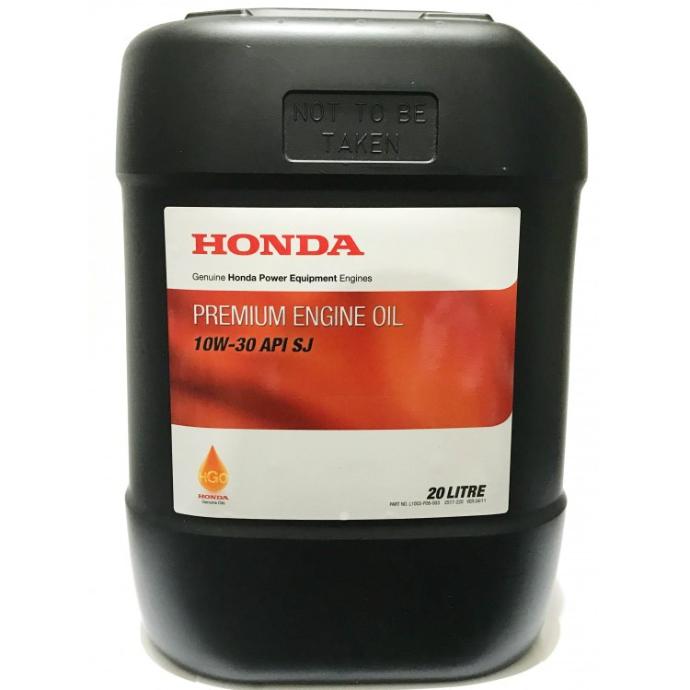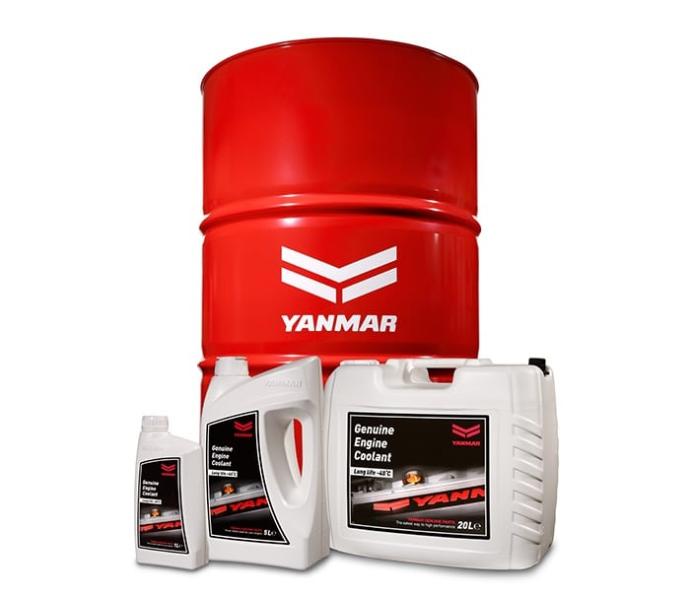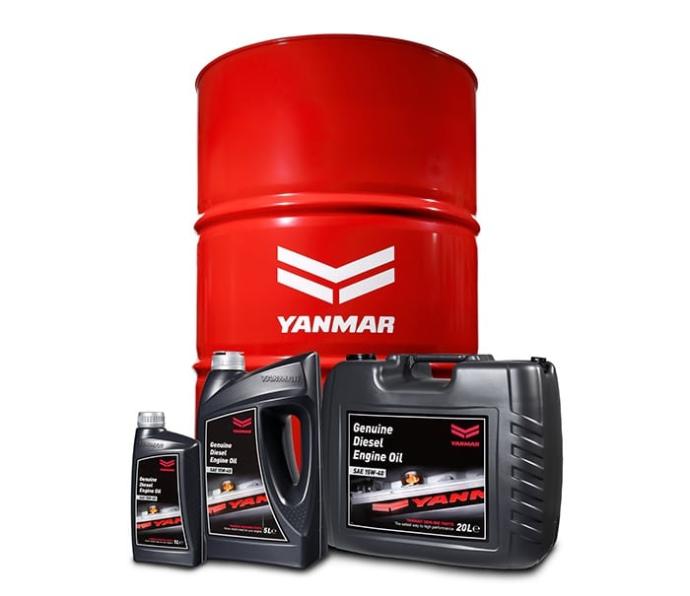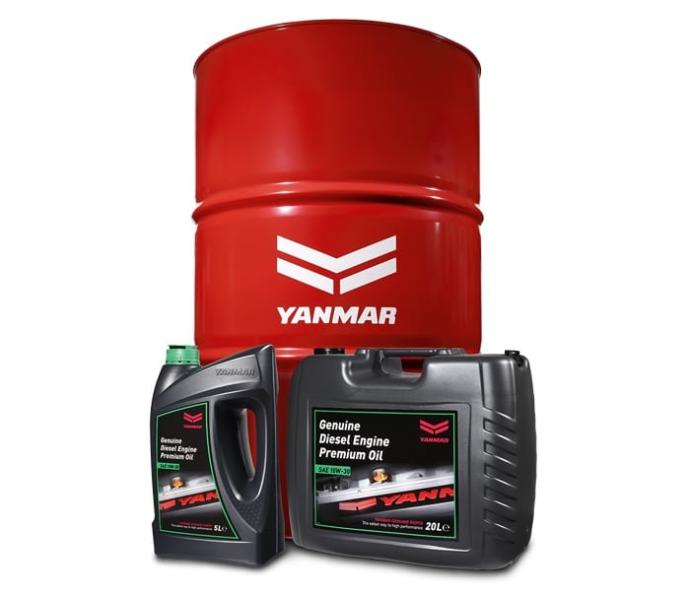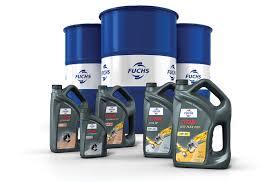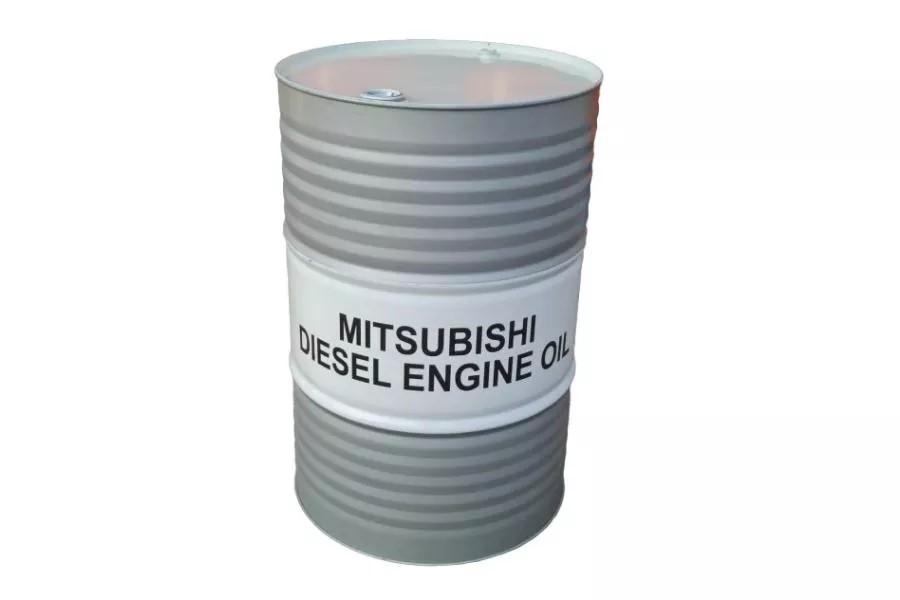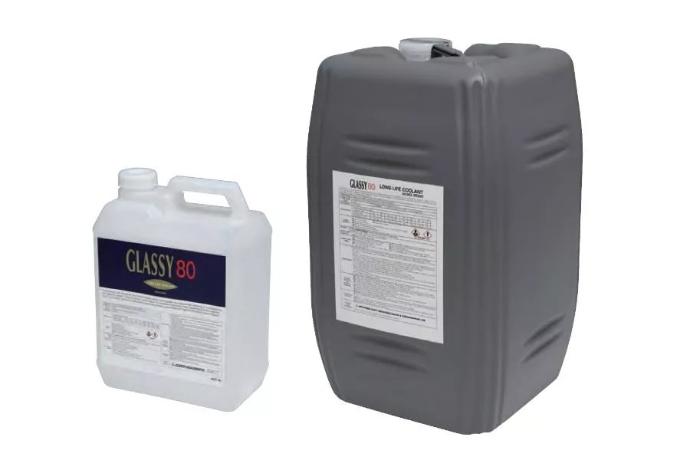DIESEL & LUBRICANTS
Antifreeze and Oils
Overview
Genuine oils and coolants work in perfect harmony with your equipment to maximize its performance, prolong its life and protect it - making them an essential part of your preventive maintenance program.
The benefits of OEM Antifreeze and Approved Antifreeze

Heat dissipation
Cooling fluid (a mixture of coolant concentrate and water) absorbs and removes thermal energy generated during combustion. With outstanding thermal transfer characteristics, genuine coolants protect the engine block, cylinder heads and other components against overheating and engine damage, which can result in costly repairs and downtime.

Corrosion prevention
Without coolant, the oxygen in the water can lead to a chemical reaction with the metallic components in the cooling system during engine operation. To avoid this problem and prevent corrosion, coolants contain suitable additives, which form a protective film on engine components.

Cavitation protection
Cavitation involves the formation and break-up of vapor bubbles in engine coolant cavities such as water pumps and cylinder liners. When vapor bubbles implode, they cause a crater-like material erosion known as cavitation coolants guard against this problem, forming a protective film on the metal components. The film acts as a shield that absorbs energy from imploding vapor bubbles

Specially formulated antifreeze
Since water expands when it freezes, using water-soluble corrosion inhibitors in the cooling system of a combustion engine can cause extensive damage. Antifreeze Concentrate is specially formulated for use at extremely low temperatures in cold regions, as the glycol constituents in the antifreeze can be adjusted to lower the coolant’s freezing point to an acceptable level.

Environmentally friendly
Genuine coolants are generally free from nitrites, amines and phosphates.
The benefits of OEM Oils and Approved Oils

Prevents wear
Diesel and gas engine oils lubricate your engine’s moving parts, including piston, crank and camshaft, to prevent wear. Lubricating oil creates a separating film between surfaces, minimizing direct contact between moving parts and decreasing abrasion.

Fights corrosion
Special anticorrosive additives in the oil defend your engine from grid and surface breakup.

Heat dissipation
Moving engine parts cause friction which wastes otherwise useful power by converting energy to heat. The engine oils help dissipate heat and together with the coolant, cools the engine and prevents overheating.

Evacuation of particles
A clean engine is an efficient engine. However, working conditions can produce abrasive microscopic particles and soot. High-quality additives in oil (dispersants and detergents) absorb these harmful particles and circulate them through the oil circuit to the oil filter, where they are removed.
O.E.M Antifreeze, Oils and Lubricants
Click on the tabs below to Discover more on Oils and Antifreeze

